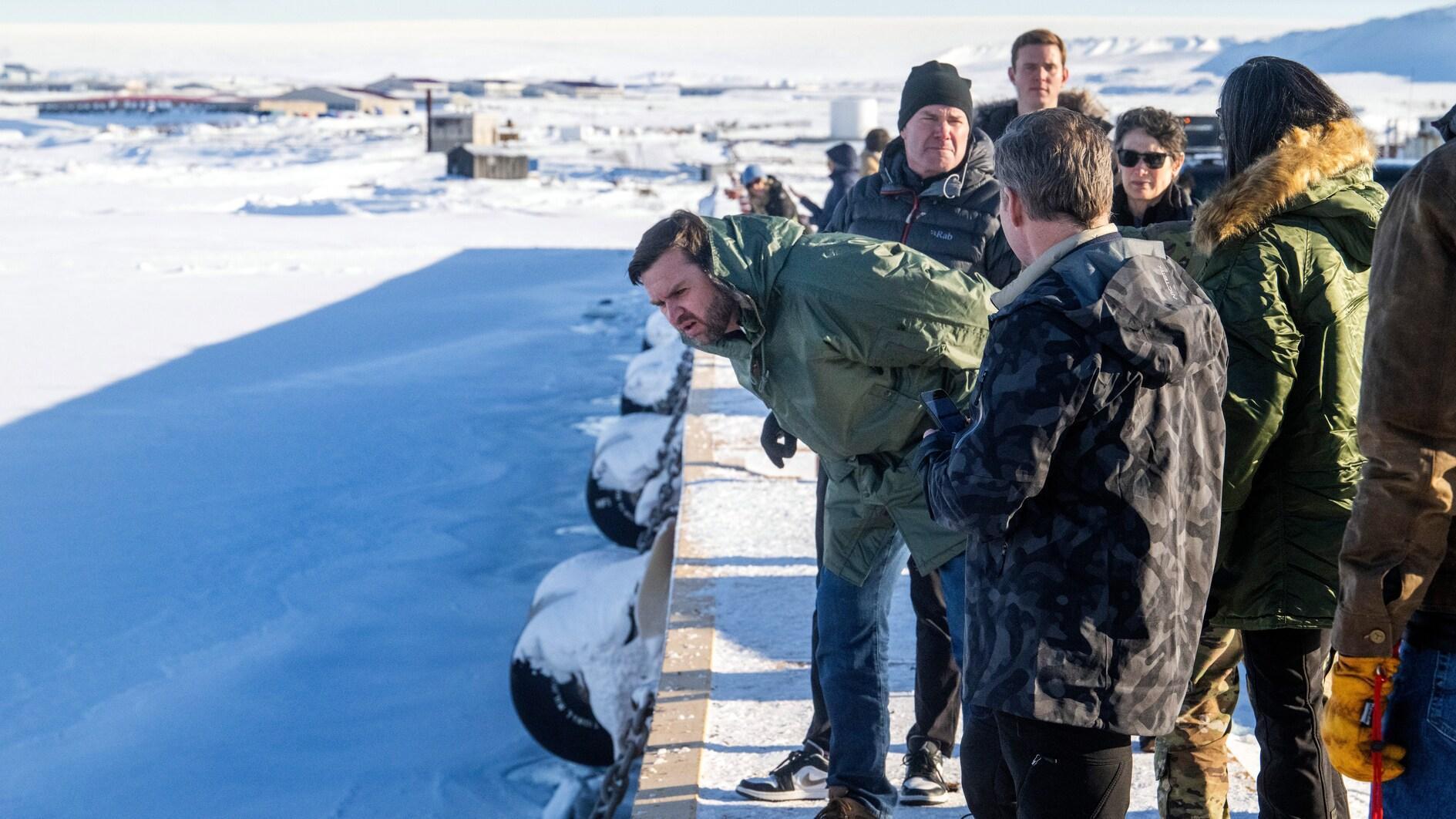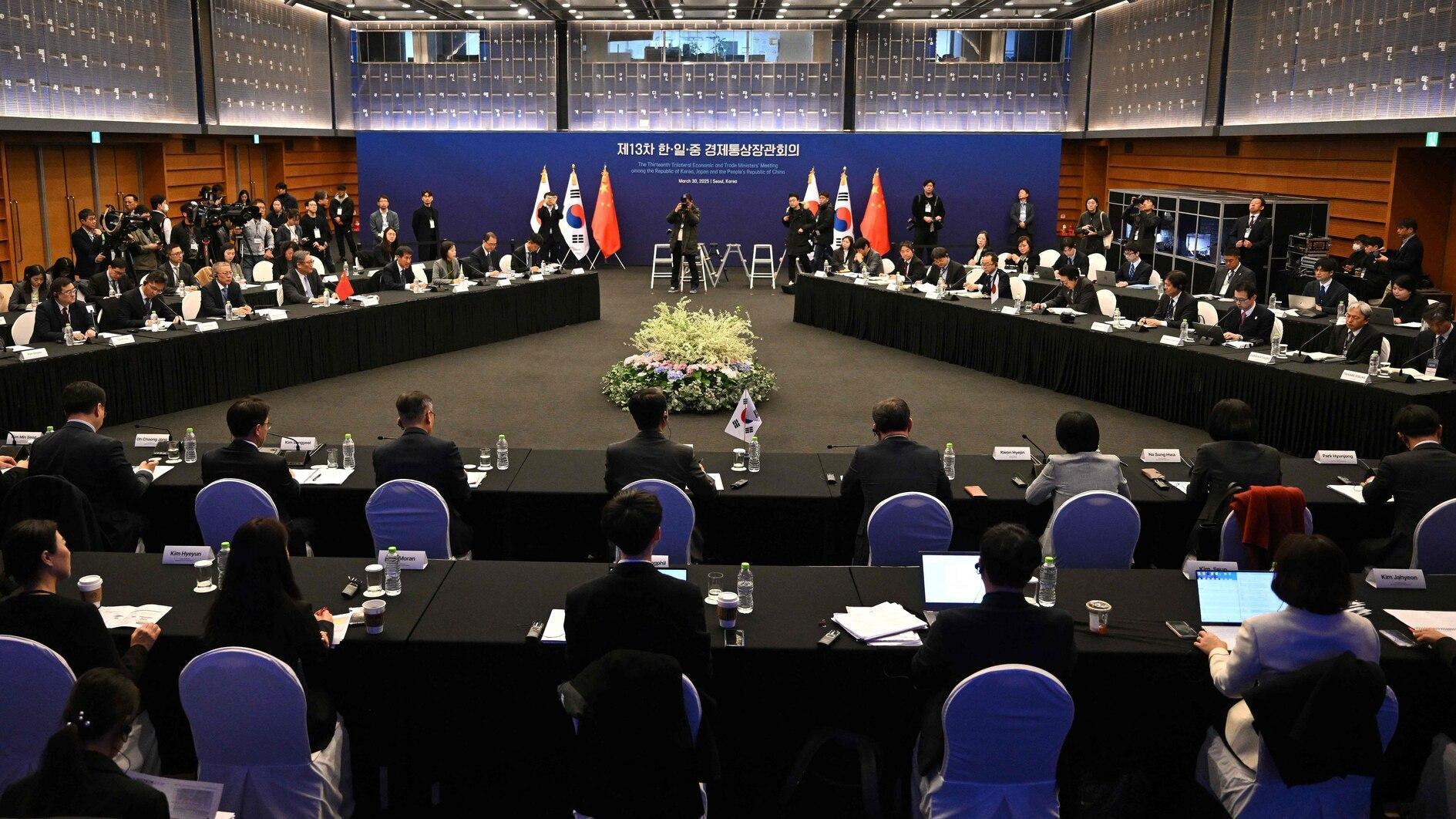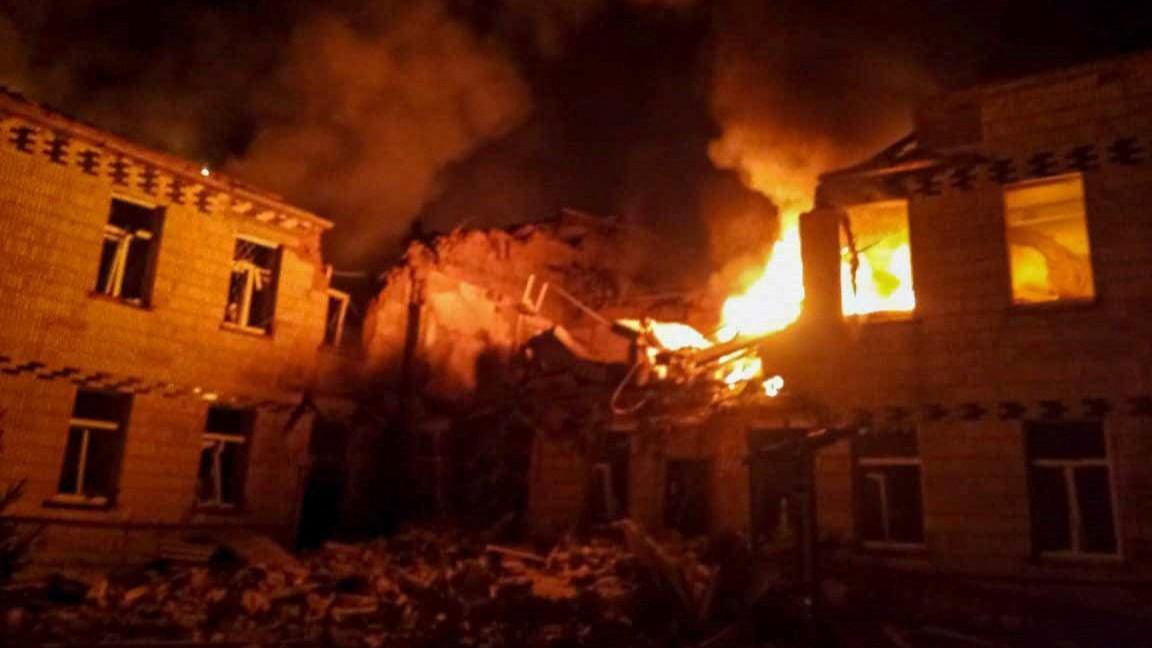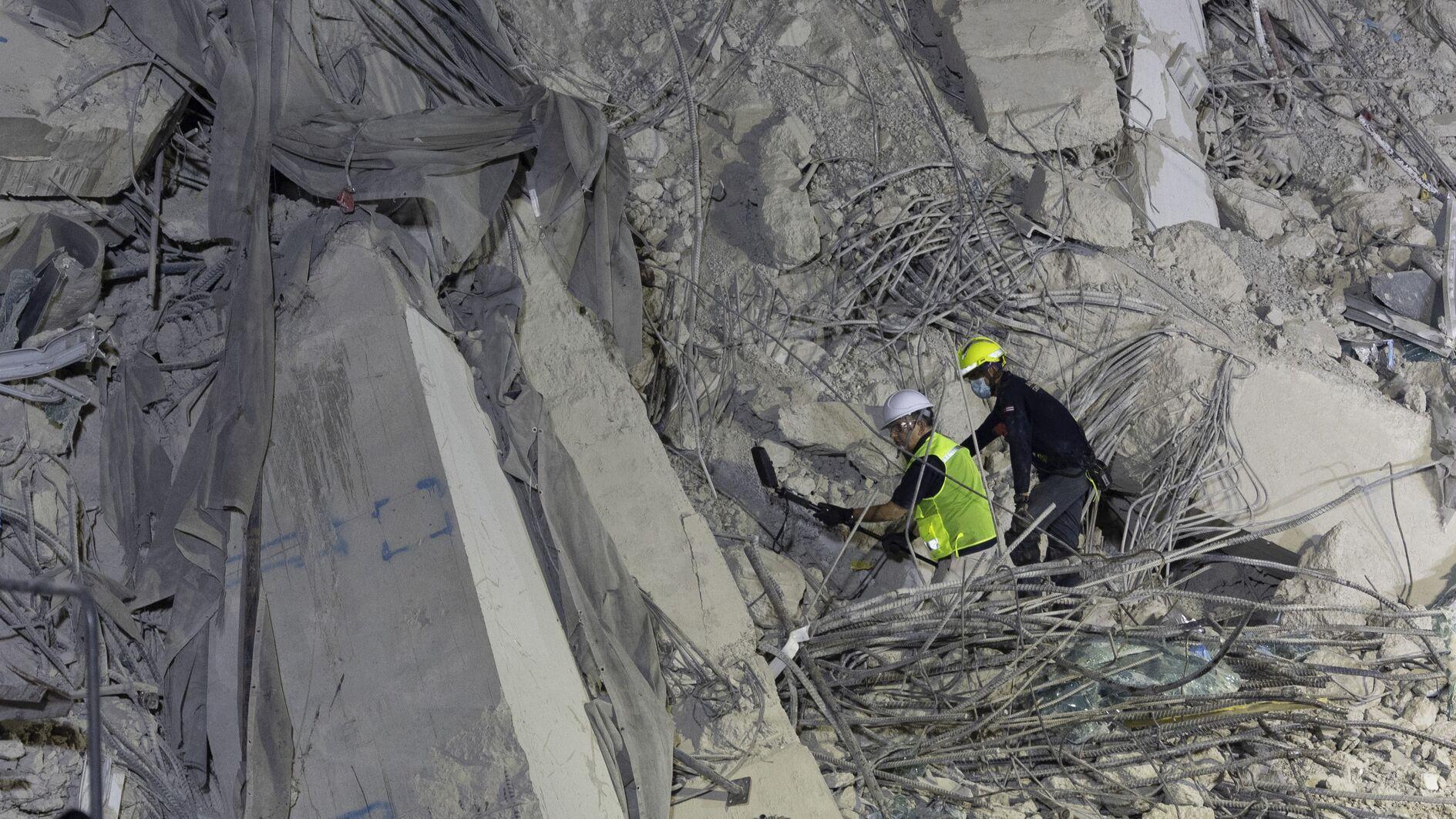Syria peace hopes at Paris crossroads
NEW YORK / PARIS- Agence France-Presse
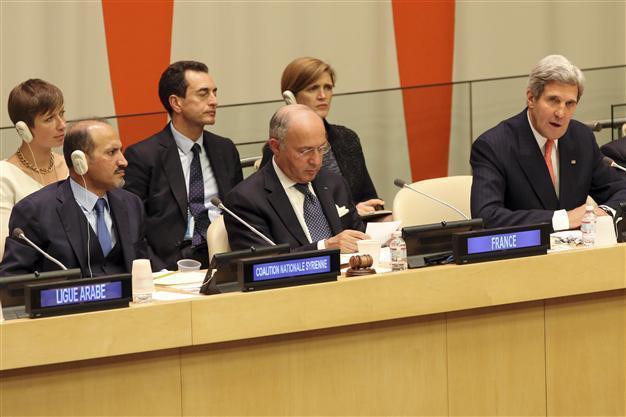
In this Sept. 26, 2013, file photo, Syrian National Coalition chief Ahmed Jarba (L) and French Foreign Minister Laurent Fabius (C) listen as the U.S. Secretary of State John Kerry speaks at a Ministerial Meeting of the Group of Friends of the Syrian people, at United Nations headquarters. AP photo
U.S. Secretary of State John Kerry headed Jan. 11 for Paris to hold talks about the Syrian war, hoping to press the fractured opposition to participate in upcoming peace talks.The Jan. 12 meeting of the "Friends of Syria" grouping at the French foreign affairs ministry will include ministers from 11 countries that support the so-called Geneva 2 peace process as well as the president of Syria's main opposition National Coalition, Ahmed Jarba.
Those countries - the United States, Britain, France, Germany, Italy, Turkey, Saudi Arabia, United Arab Emirates, Qatar, Egypte and Jordan - will increase pressure on Jarba to persuade the opposition to join the U.N.-led talks, which are set to open in the Swiss town of Montreux on January 22.
The talks would be the first time since the war erupted in March 2011 that the Syrian regime of President Bashar al-Assad sits down with the opposition to discuss an end to hostilities.
But while the regime has said it will attend, the fractious, exiled opposition postponed a vote on whether to participate until January 17.
Iran will not participate in the Geneva 2 process, U.S. diplomats said Jan. 10.
Senior diplomats at the U.S. State Department and in France have voiced cautious optimism that Jarba will bow to intense pressure to ensure the rebels hold what would be the first direct talks with al-Assad's regime since the conflict erupted in March 2011.
"There are people all around the world doing their best to get them there and get them there with a unified position," said a senior U.S. official involved in preparing the talks.
He described himself as "reasonably confident" that the opposition will accept that joining peace talks is the best option they have against a background of military stalemate and mounting combat fatigue in the nearly three-year-old civil war.
"I think in the final analysis they won't want to miss that opportunity, because frankly there's no other game, really," the official, speaking on condition of anonymity, told reporters.
A French diplomat added: "We think it is important that they decide to attend, even if it is only to show that you have an opposition willing to agree a process of transition on one side and, on the other, a regime that might be willing to put people on the plane to Geneva but not to negotiate a political solution." Officials acknowledge however that advances by Syrian forces in recent days have made it harder for the opposition to contemplate sitting down with representatives of the Assad regime.
Suspension of heavy weapons use
Government troops on Saturday seized a previously rebel-held town in the north of the country and pushed toward part of Aleppo, the main city in northern Syria.
Observers of the conflict believe the government advances are due to opposition forces having become preoccupied with fighting a jihadist group, the Islamic State of Iraq and the Levant (ISIL), with which they were previously allied. Clashes between the mainstream opposition and ISIL loyalists have left an estimated 500 people dead in the last week.
The ISIL, which has been accused of terrorising areas it controls, currently occupies a number of frontline positions in the Aleppo area and has threatened to abandon them.
Hopes of progress towards peace in Syria rose last year when al-Assad agreed to give up the regime's chemical weapons after the West pulled back from the brink of threatened military intervention.
Opposition leaders fear that deal, which involved Syria's ally Russia becoming a pivotal player in the efforts to end the conflict, has conferred a new legitimacy on the regime at a time when misgivings about the influence of radical Islamist groups like ISIL have increased in the West.
Monzer Makhous, the National Coalition's ambassador in France, told AFP that al-Assad should be required to suspend the use of heavy weapons and agree to the opening of humanitarian corridors as a condition of talks starting.
Sunday's talks will also focus on whether Iran, which has been instrumental in propping up the al-Assad regime, should be invited to the Geneva II talks.
U.S. officials continue to maintain the idea is a non-starter but Russia has been lobbying hard for Tehran to be brought into the process and the issue is likely to dominate discussions on Jan. 13 between Kerry, his Russian counterpart Sergei Lavrov and Lakhdar Brahimi, the U.N.-Arab League special envoy to Syria.


